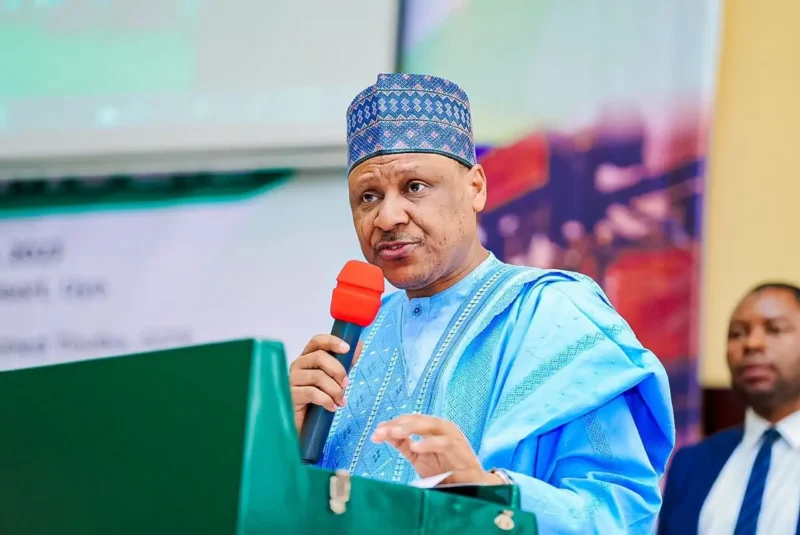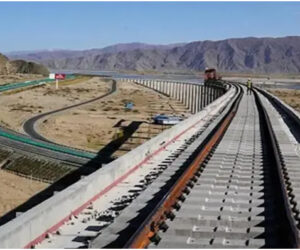2
ABUJA – The cornerstone of Nigeria’s economic recovery lies in overhauling its energy sector to ensure stability, modernization, and efficiency, according to Information Minister Mohammed Idris.
Speaking at the 8th ValueChain annual lecture series in Abuja, Idris highlighted the President Ahmed Bola Tinubu administration’s bold strategy to reshape the sector with long-term vision and a commitment to uplifting the nation’s socio-economic landscape.
Idris emphasized that transitioning to compressed natural gas (CNG) is part of a comprehensive approach to build a sustainable energy mix.
This initiative aims to provide affordable, cleaner fuel options that support households, businesses, and the environment.
He framed the sector reforms not merely as energy policies but as critical economic and social interventions impacting key areas like transportation, manufacturing, and household finances.
“This is not just an energy policy, it is an economic and social intervention that directly affects transport, manufacturing, and household budgets. Also, through the Electricity Act and enhanced collaboration with states, the government is unlocking new opportunities for private investment of green solutions and improved service delivery. The goal is simple, reliable power for homes, industries, and economic growth. And by strengthening regulatory clarity, deepening local content, and encouraging innovation, the administration is reinforcing Nigeria’s position as a top destination for energy investments across Africa. These reforms are bold, sometimes challenging, but essential for the stability and prosperity of our nation.”
The government’s Electricity Act and stronger state collaboration are designed to attract private sector investments in green energy, enhancing service delivery and fostering reliable power for homes and industry.
Dr. Emeka Vitalis Obi, Permanent Secretary of the Ministry of Petroleum Resources, reinforced the message by portraying energy as the lifeblood of industrial growth and national security.
He pointed out that Nigeria’s energy discourse has been marred by misconceptions and distrust but urged a redefinition of the public narrative.
Sustainable prosperity, he said, can only be attained by resolving energy challenges, given its fundamental role across manufacturing, agriculture, transport, and digital infrastructure.
Musa Bashir Usman, Publisher and Editor-in-Chief of Valuechain Magazine, noted the ongoing technological and regulatory shifts reshaping Nigeria’s energy landscape.
He highlighted the Petroleum Industry Act as a pivotal reform that redefines governance amid global energy transitions.
Usman called for urgent discussions on investments, technology adoption, regulatory frameworks, and environmental responsibility to fully harness Nigeria’s natural gas potential as a driver of industrialization and power generation.
“Today the Nigerian energy industry stands at a modulation point. The Petroleum Industry Act is redefining governance and operations. The global energy transition is challenging traditional models, and the urgency to maximise our resources’ sustainability for the benefit of all Nigerians has never been clearer. This moment forces us to confront esseantial national questions such as, how do we unlock the full potentials of natural gas as a catalyst for industrialisation and power generation?”
Independent notes that alltogether, these insights urge a nationwide focus on energy sector reform as the key to unlocking Nigeria’s economic prosperity and social stability in the coming decades.








